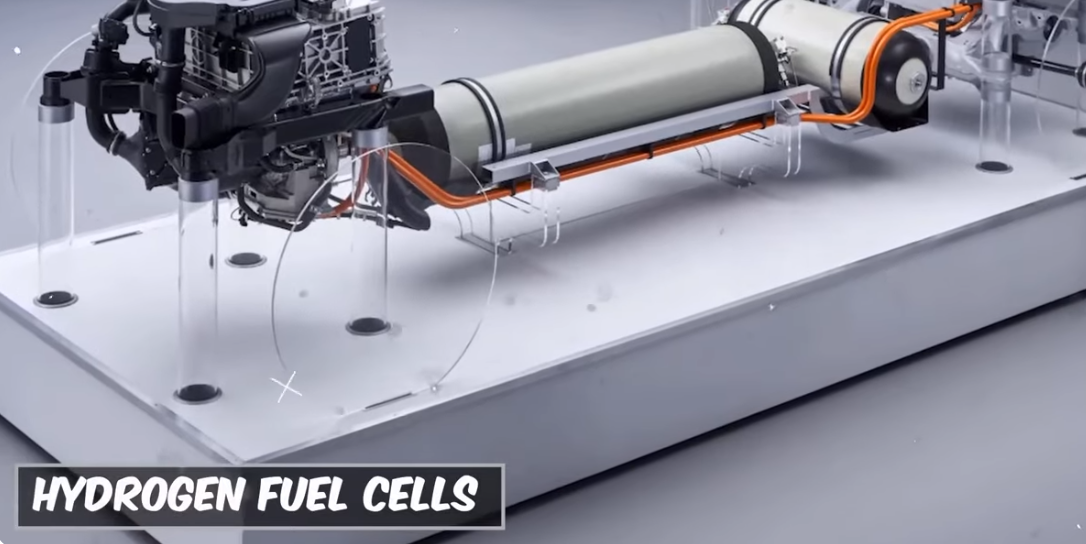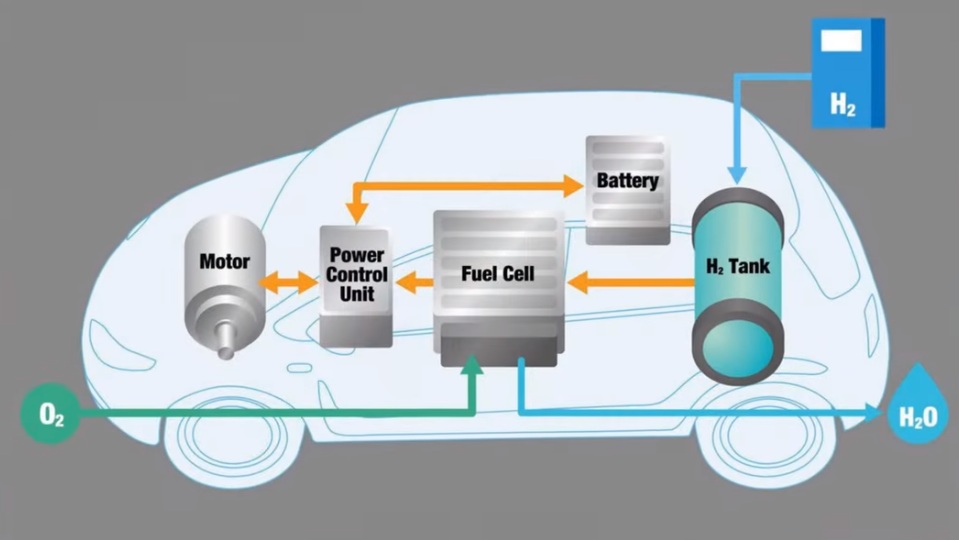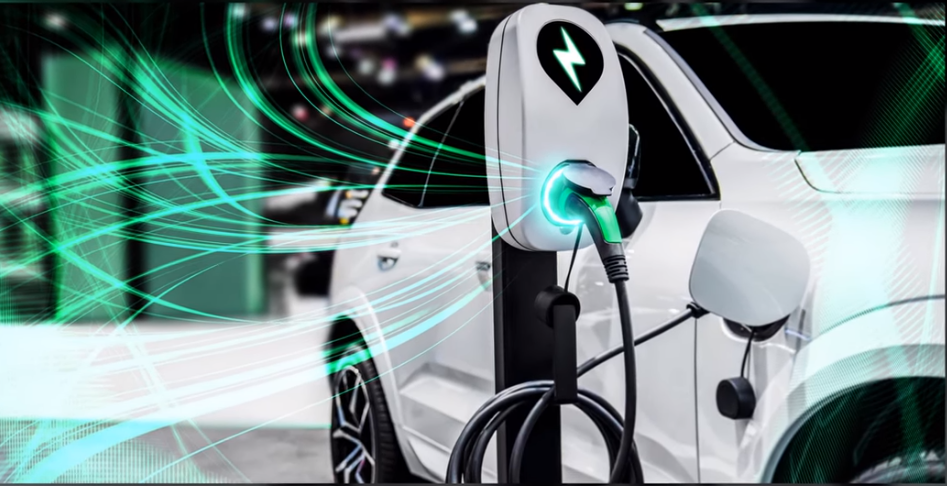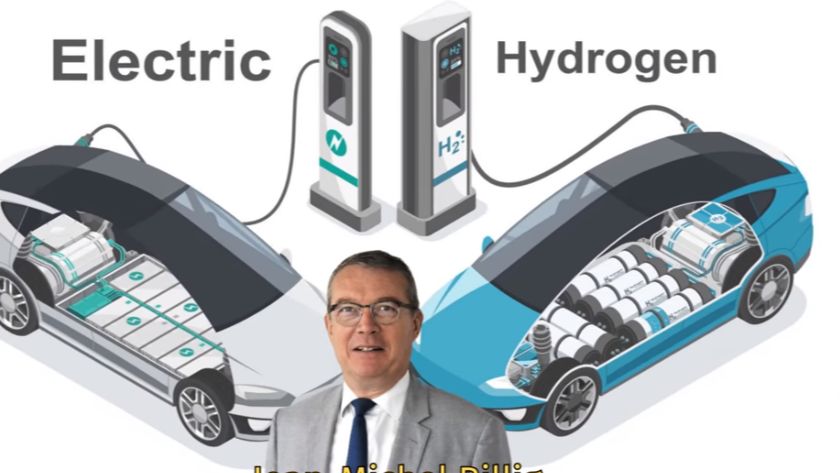In this article, let's find out together whether hydrogen is a better alternative to emission-free electric vehicles in the future or not.
Advantages and disadvantages
As of now, the strongest statements about the role of hydrogen fuel in the future of the global automotive industry come from the CEOs of major car manufacturers. Japan's Toyota is one of the strongest supporters of using hydrogen fuel for cars, and the company's chairman stated in December 2022 that he predicts pure electric vehicles will only account for about 30% of the total global car sales, while the rest will be hydrogen cars and traditional internal combustion engines. The Toyota Mirai is one of the few widely sold hydrogen cars today, along with the Hyundai Nexo SUV from South Korea.

BMW's CEO Oliver Zipse once stated in 2011, "hydrogen is the missing piece to complete the picture of emission-free mobility in the future." While BMW is heavily investing in lithium battery technology for electric cars, the company is also testing the waters with the BMW ix5 hydrogen fuel cell vehicle using fuel cell technology developed by Toyota. Zipse emphasized that relying on a single technology will not be enough to support the global goal of zero greenhouse gas emissions.
From a scientific standpoint, although hydrogen is the most abundant element in the universe, it is not easily found in pure form on Earth. Most pure hydrogen today is produced by the Steam Reforming method of water vapor from natural gas, mainly methane, to separate carbon, but this process generates a large amount of CO2 emissions. Emission-free hydrogen is produced from the electrolysis of water using renewable electricity to split water into hydrogen and oxygen through a chemical reaction. To use hydrogen as fuel for hydrogen cars, it can be burned directly or used in fuel cells. In hydrogen fuel cells, hydrogen reacts with oxygen from the air in the presence of a catalyst usually made of expensive noble metals to produce electrons that can flow through an electric circuit to charge the battery. The charged battery provides energy to the car's electric motor.

According to Jean-Michel Billig, the head of hydrogen vehicle development at Stellantis, the advantages of hydrogen over electric batteries include quick refueling times in just a few minutes, higher vehicle payloads, and longer operating ranges. The Toyota Mirai can travel 400 miles on a full tank. Stellantis has recently started producing hydrogen-powered trucks in France and Poland, targeting businesses that require continuous operation without interruptions due to charging times like electric vehicles. Billig explains that these businesses need vehicles that can always be on the move, such as taxis that lose money when not in operation, so hydrogen has an advantage over electric batteries in continuous operation.
Stellantis believes they can reduce the cost of hydrogen-powered vehicles to be more affordable. Billig predicts that by the end of this decade, the ownership and operation costs of hydrogen-powered vehicles or electric vehicles will be comparable, although the company will still produce both technologies. However, many energy experts do not share the optimism of car manufacturers about the prospects of hydrogen fuel. Tesla CEO Elon Musk describes hydrogen technology as a scam because producing green hydrogen requires a large amount of electricity, while that electricity could directly power electric vehicles more efficiently.
All energy conversion processes involve certain energy losses, meaning that hydrogen fuel certainly provides less energy to the vehicle compared to the original electricity source, and the losses will be even greater if hydrogen is burned directly or converted into synthetic gasoline or diesel for use in traditional internal combustion engines. Professor David Sebon from the University of Cambridge states, "if using green hydrogen, the electricity consumed to produce the hydrogen that powers the car will be three times higher than directly charging the car's battery." Some technological improvements may reduce this gap somewhat, but it is still not enough to challenge the superiority of lithium battery technology.
Currently, Professor Xon believes it is very difficult to improve hydrogen fuel to make it significantly more efficient than lithium batteries. Michael Liebreich, chairman of Liebreich Associates and founder of Bloomberg New Energy Finance, has created a ladder model ranking various applications of hydrogen fuel to assess whether they are cheaper, easier, and more feasible than other alternative fuels. He ranks hydrogen for cars as a death knell, meaning there is very little chance of successfully competing in the market. Can hydrogen surpass lithium battery technology for electric vehicles? Liebreich's definitive answer is no. He also points out that car manufacturers betting heavily on hydrogen's large market share is a major mistake leading to costly failure.
The biggest challenge of hydrogen-powered vehicles lies not in the fuel cell technology but in providing a stable supply of clean hydrogen where the vehicles operate. Hydrogen is highly flammable and safety concerns require it to be stored under high pressure and are prone to leaks. It also contains less energy per unit volume compared to gasoline, requiring much more transportation if there is no on-site electrolysis. Investments are being made in hydrogen supply with significant government support, but there are still many issues regarding the parallel development of supply and demand. Consumers do not buy hydrogen cars because there are no refueling stations, while refueling stations do not exist because there are no cars. According to the European hydrogen information agency, there are only 178 hydrogen refueling stations in all of Europe, half of which are in Germany, compared to 8,300 gasoline stations and 31,000 public electric charging stations not including home charging.

The market is still too small
As we have just learned, the commercial potential of hydrogen fuel is very low. So why does the International Energy Agency forecast that by 2050, hydrogen will account for 16% of the road transport market share on the journey to achieving net-zero emissions? The main reason lies in larger vehicles such as buses and trucks. According to Liebreich, lithium batteries remain the dominant energy source for heavy-duty trucks to the point where he co-founded a company specializing in truck battery charging. He believes that the truck market may have a small amount of hydrogen, but it will only represent a minority.
According to Toyota's Chief Engineer Hiroki Nakajima, even Toyota acknowledges that hydrogen-powered cars have not been successful so far due to the lack of fuel supply infrastructure, with long-haul trucks and buses offering better prospects for this technology. Although they are also testing a hydrogen version of the Hux pickup truck. The economic prospects of hydrogen fuel will change as significant financial support from governments gradually decreases. Other factors may also change the refining and storage technology of hydrogen. Improvements within certain limits can make hydrogen fuel more attractive, and mining companies may find cheaper white hydrogen sources mined from the ground.
However, in the automotive sector, the trend seems to have been set, with lithium batteries becoming the successor to gasoline for most manufacturers. According to the Society of Motor Manufacturers and Traders in the UK, in the past 20 years, fewer than 300 hydrogen cars have been sold compared to 1 million electric cars. The advantage of lithium batteries may increase further as research and infrastructure investment continue to address issues of operating range and charging time. Compared to that wave of investment, hydrogen receives only a very small portion. Supporters of hydrogen need to answer the question, "can they build a sustainable business model with hydrogen in the long-haul heavy-duty transport sector?" They need to find answers soon about a supply that meets the demand for cheap green hydrogen and whether hydrogen can be used more effectively in other industries.
